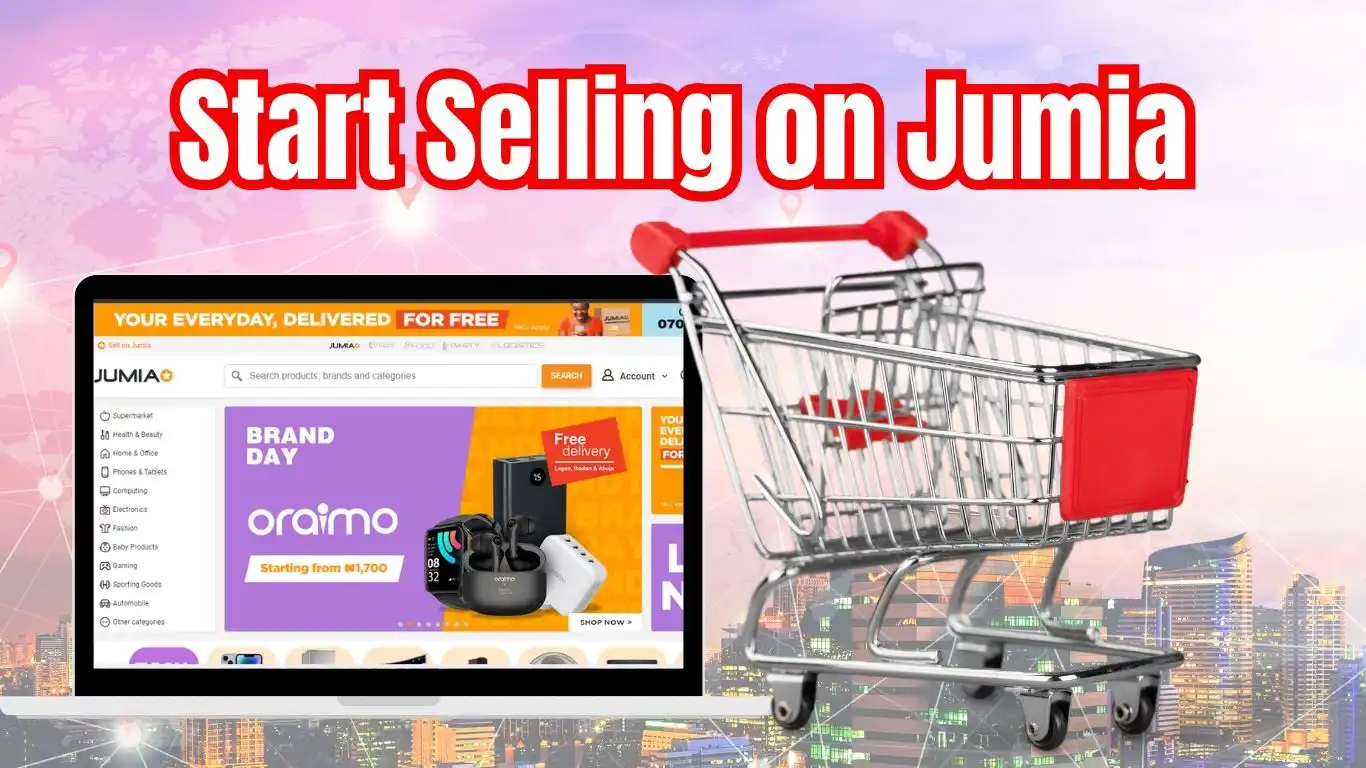
Breaking into the E-commerce Market: How to Sell on Jumia
If you are trying to grow your company or start selling online, the e-commerce sector might be a terrific opportunity. In example, Jumia, the top online marketplace in Africa, might be a successful venue to sell your items. In this post, we will address some frequent concerns regarding selling on Jumia and walk you through the process of establishing up your Jumia shop.

Is it profitable to sell on Jumia?
Absolutely, it is lucrative to sell on Jumia. With over 81 million visitors to the Jumia online shop per month, Jumia gives vendors with a vast client base to contact. In addition, Jumia gives merchants different marketing tools to advertise their items and enhance sales. But, bear in mind that selling on Jumia needs time and money, as you will need to improve your product listings, handle customer support, and manage your inventory.
What are the requirements to sell on Jumia?
To sell on Jumia, you need to meet the following requirements:
- Legal entity: You need to be a registered business in Nigeria to sell on Jumia Nigeria. If you are a foreign company, you will need to have a local agent.
- Quality products: Jumia aspires to supply high-quality items to its clients, thus your products must match Jumia’s criteria. Jumia offers a list of banned items that you cannot sell on the site.
- Product images and descriptions: You need to give high-quality photographs and extensive descriptions of your items to assist clients make educated purchase choices.
- Fulfillment: You need to be able to fulfill orders and deliver items to clients on time. Jumia has its own fulfillment service, Jumia Express, which you may utilize to manage order fulfillment and delivery.
Do I need to pay to sell on Jumia?
Indeed, there are costs involved with selling on Jumia. Jumia charges a commission on each sale, which varies based on the product category. In addition, Jumia charges a fulfillment fee if you utilize their Jumia Express service to handle order fulfillment and shipping. You will also need to pay for any marketing tools or services you employ to advertise your items on Jumia.
How do sellers get paid on Jumia?
Jumia compensates vendors on a bi-weekly basis. The payment comprises the product price, delivery cost, and Jumia’s commission. Jumia deducts its commission and any additional costs from the entire amount before completing the payment. You may opt to collect your money by bank transfer or JumiaPay, Jumia’s digital wallet.
Read: The Ultimate Guide to CAC Registration: Everything You Need to Know
Read: The Impact of Mobile Phones on Nigerian Society: An In-depth Analysis
Read: The Rise of Lagos: How the City’s Economy is Poised for Growth
Conclusion
In conclusion, selling on Jumia may be a profitable option for firms trying to increase their presence in Africa’s e-commerce sector. To sell on Jumia, you need to satisfy the platform’s standards and pay the corresponding costs. But, the advantages of selling on Jumia, including access to a big client base and marketing tools, make it a worthwhile investment. Launch your Jumia shop now and join the increasing number of successful Jumia merchants.

